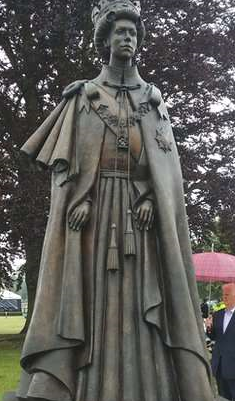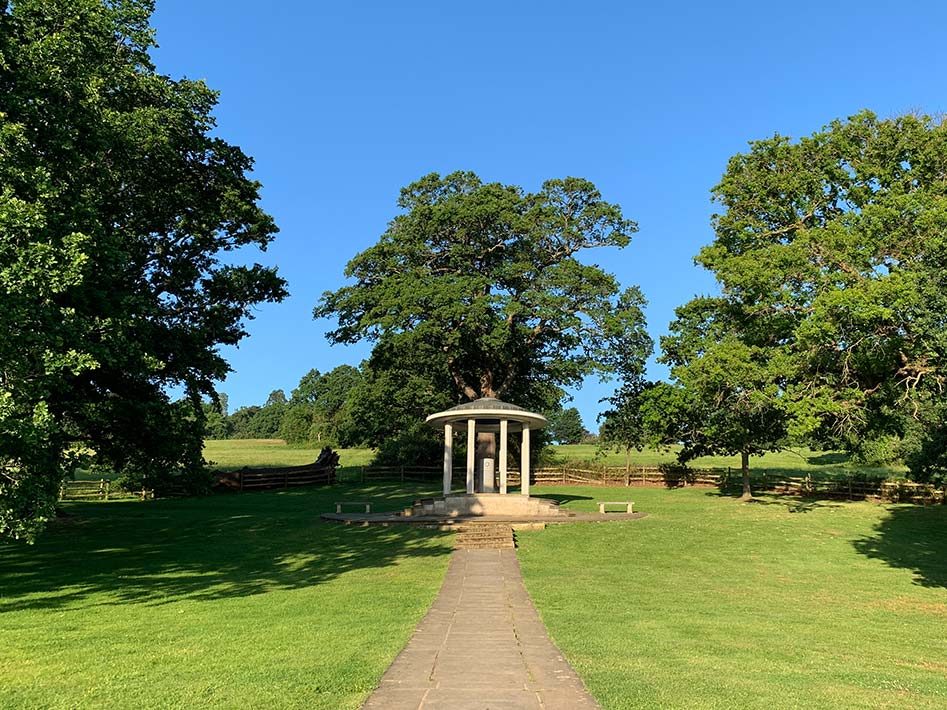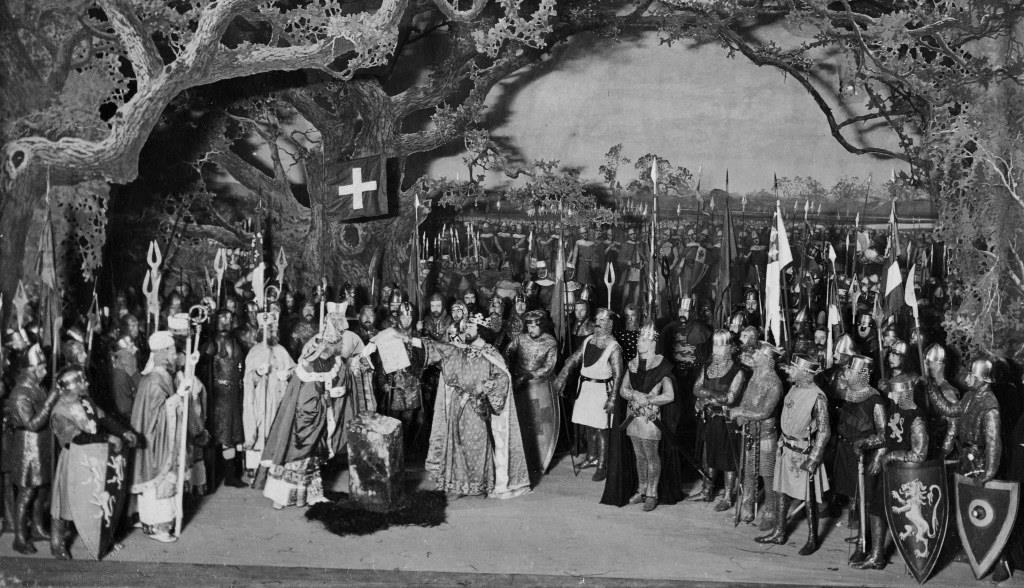Runnymede: A Land of Liberty and Legacy
Related Articles: Runnymede: A Land of Liberty and Legacy
Introduction
With enthusiasm, let’s navigate through the intriguing topic related to Runnymede: A Land of Liberty and Legacy. Let’s weave interesting information and offer fresh perspectives to the readers.
Table of Content
Runnymede: A Land of Liberty and Legacy

Runnymede, a picturesque meadow situated on the banks of the River Thames in Surrey, England, holds a profound place in history. While its serene beauty is undeniable, Runnymede’s true significance lies in the events that transpired there centuries ago, events that have shaped the course of Western civilization and continue to resonate today.
A Cradle of Freedom: The Signing of Magna Carta
The year 1215 witnessed a pivotal moment in English history, and indeed, the history of democratic principles. King John, facing growing dissent from his barons, was forced to sign the Magna Carta, a document that established the principle of the rule of law and limited the monarch’s absolute power. This landmark agreement, sealed at Runnymede, enshrined fundamental rights for all citizens, including the right to a fair trial and protection from arbitrary imprisonment.
The Legacy of Magna Carta
The Magna Carta, a document born out of a conflict between the Crown and its subjects, has transcended its historical context to become a cornerstone of human rights and liberties. It has served as a blueprint for constitutionalism, influencing the development of democratic institutions and legal systems across the globe.
Beyond Magna Carta: A Site of Historical Significance
While the signing of Magna Carta remains the most prominent event associated with Runnymede, the site holds other historical significance. It was the location of several medieval royal hunting lodges, and the nearby Windsor Castle was a favored residence of English monarchs.
Exploring Runnymede: A Journey Through Time
Today, Runnymede is a popular destination for visitors seeking to connect with history and appreciate the natural beauty of the Thames Valley. The Magna Carta Memorial, a striking modern structure, stands as a tribute to the document and its enduring impact. The Runnymede Peace Garden, dedicated to peace and reconciliation, offers a tranquil space for reflection.
Preserving the Past: The Role of Conservation
The National Trust, a conservation charity, manages Runnymede, ensuring its preservation for future generations. This involves protecting the site’s historical features, managing the landscape, and promoting public access.
Runnymede: A Place of Reflection and Inspiration
Runnymede serves as a reminder of the ongoing struggle for freedom and justice. It invites visitors to contemplate the principles enshrined in Magna Carta, the importance of individual rights, and the responsibility of citizens to uphold these values.
Frequently Asked Questions about Runnymede
Q: What is the significance of Runnymede?
A: Runnymede is renowned for being the site where King John signed the Magna Carta in 1215, a document that established fundamental rights for citizens and limited the monarch’s absolute power.
Q: What can visitors see at Runnymede?
A: Visitors can explore the Magna Carta Memorial, the Runnymede Peace Garden, and enjoy the scenic beauty of the Thames Valley. The site also features historical markers and interpretive displays.
Q: How can I get to Runnymede?
A: Runnymede is easily accessible by car, train, and bus. There are designated parking areas and public transportation options available.
Q: Is there an admission fee to visit Runnymede?
A: The site is managed by the National Trust, and admission fees apply. However, National Trust members enjoy free entry.
Tips for Visiting Runnymede
- Plan your visit in advance: Check the opening hours and admission fees on the National Trust website.
- Allow ample time: There is much to see and explore at Runnymede.
- Wear comfortable shoes: The site includes walking paths and open spaces.
- Bring a picnic lunch: There are picnic areas available, offering a delightful way to enjoy the scenery.
- Take advantage of guided tours: Guided tours provide valuable insights into the site’s history and significance.
Conclusion
Runnymede, a place where history and nature intertwine, continues to hold immense significance. It serves as a powerful reminder of the importance of individual rights, the rule of law, and the enduring legacy of the Magna Carta. Visiting Runnymede offers an opportunity to reflect on the past, appreciate the present, and envision a future where freedom and justice prevail.







Closure
Thus, we hope this article has provided valuable insights into Runnymede: A Land of Liberty and Legacy. We appreciate your attention to our article. See you in our next article!
